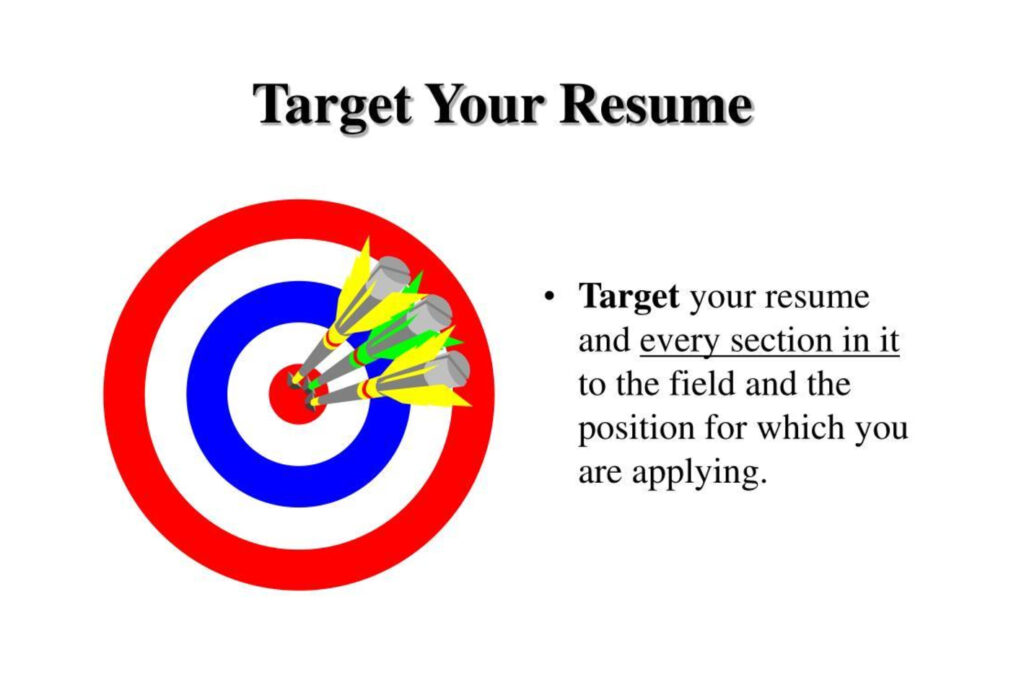As an insurance recruiter, I look at hundreds of resumes a week and sadly most are very generic and are not tailored to the job being applied for. I know it is a royal pain to have to rewrite your resume to fit every role you apply for, unfortunately, with the rise of Artificial Intelligence in combination with more sophisticated Applicant Tracking Systems, if you are not taking the time to target your resume so it matches the job title and key words in the job post, your resume may be screened out even though you are very qualified for the role!
Here’s 3 ideas to help you target your resume for insurance roles:
1. Make sure the top 1/4 of your resume matches the job you are applying for:
Unless the role is entry level, insurance firms are looking for candidates with specific coverage knowledge, work experience, licensing, and certifications. Make your hand into a “C” shape and place it under your name on your resume. This “C” area is your resume “real estate”. This area is extremely important because in just a few seconds, the resume reader will make a “yes/no” decision to continue reading your resume based on the alignment to the job they are trying to fill. Make sure you have a professional summary that matches the title of the role you are applying for. Next, look through the job post to identify key skills, licenses, coverage knowledge, and software required and make sure you have these items listed in your resume real estate area.
2. Make sure your work experience focuses on achievements not just job duties:
You want your work experience sections to highlight your achievements and match up with the job you are applying for. You want to show how you made an impact. A simple way to do this is to look at the bullet points you have written about the job and ask yourself “so what?” Think about how you helped the organization to make money, save money, or make processes work more smoothly, and then craft a couple of statements that reflect your personal contribution. Include any promotions, specific recognitions, awards, or other things you did that made you stand out from your peers. The job post will usually have a bunch of soft skills listed and this allows you to incorporate those words and highlight your specific accomplishments at the same time. This matching approach enables you to effectively demonstrate your suitability for the specific position, rather than just providing a generic overview of your background.
3. Target your resume so you show up in search results and Applicant Tracking Systems.
Targeting your resume gives you the opportunity to align your qualifications and accomplishments with the open role and it will bring your resume to the top portion of search results. By clearly showcasing how your skills and experience match their job requirements, you demonstrate that you have taken the time to understand their organization and are genuinely interested in joining their team. It also shows your dedication and professionalism and willingness to go the extra mile to secure the position.
Submitting a generic resume is simply not enough anymore. Take the time to target your resume and you’ll improve your chances of being added to the first interview short list.
If you are an insurance professional in the Pacific Northwest and you are thinking about making a job change and just need a little help with targeting your resume, I can help. Contact me and let’s schedule a call to talk about your job search goals.


